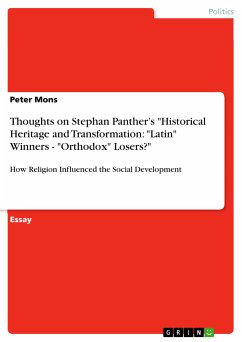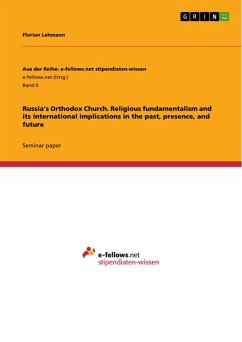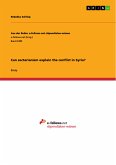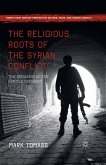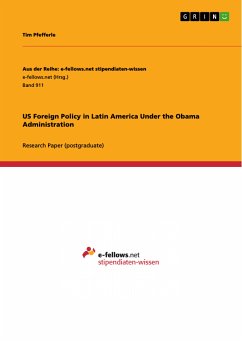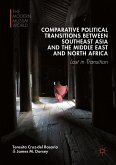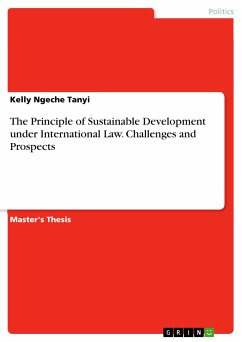Essay from the year 2009 in the subject Politics - International Politics - Region: Near East, Near Orient, grade: 85, Ben Gurion University, language: English, abstract: Heresy and orthodoxy are problematic terms to refer to in Islam since this religion does not sustain authorities, councils, synods, or organs which a vast Muslim majority recognizes and which are entitled to direct orthodoxy—a necessary guideline to be able to determine what is heresy. Instead it is the ‘Consensus’ among Muslims and scholars which constitutes the “supreme authority in all questions of religious practice.” However, the term heresy is not unknown in Muslim circles. The Arabic language knows many different words describing ‘heresy,’ but none of them can be used as a synonym for the term as employed by the Christian Churches; to express this term explicitly, they had to introduce a word from European or Christian origin: “hartagqa,” “hurtuqi” “hartiqi.” Sectarianism started very early after the advent of Islam, under the reign of the Umayyads. Bernard Lewis’ article “Some Observations on the Significance of Heresy in the History of Islam” shows, that Islamic history and early Islamic documents illustrate a discussion about the connection between heresy and sectarianism. Generally speaking, heresy was applied to sectarians in a rather loosely manner: “the sectarian, though some of his doctrines may in time be excluded by the cumulative force of the Consensus from the main stream of Islam, is still a Muslim.” The following essay will explore sectarianism under the Umayyads and ‘Abbasids, continually referring to the terms of orthodoxy and heresy. It will analyse political and religious opposition offered by the various non-Sunni factions.


